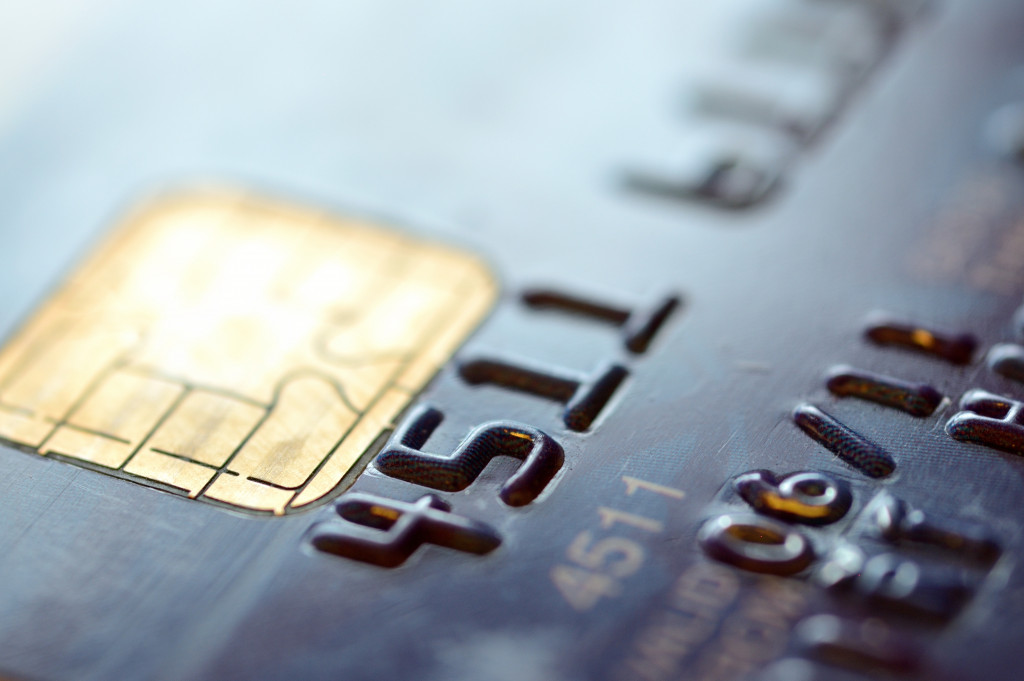Use the next decade of your life to continue increasing and protecting your wealth after creating a good financial foundation in your 20s. Your money may have been a bother in your twenties, but you’ll be OK in your thirties and beyond.
In your twenties, your financial principle helped you find your financial balance and build a solid foundation. This list of goals will help you continue to develop your money and pave the way to financial security now that you’re older and wiser.
Create Spending Priorities
You should have a clear notion of what you value in life and the kind of life you wish to live by now. This indicates it’s time to quit wasting money on things that aren’t important to you.
Sit down and consider your financial goals, then make a list of spending priorities that works for you. Then allocate funds based on your priorities. You’ll be happier as a result of your spending being more aligned with your principles.
Rethink Your Budget
In your twenties, you created a budget and possibly saved some money. However, your income and expenses, as well as your needs, goals, and dreams, will very likely vary from year to year. Life changes, such as getting married, having children, or beginning your own business, will require adjustments to your budget.
Advance Your Career
You developed a marketable skill in your twenties. Now it’s time to put that knowledge to work for you. Look at several employment options with your skillset. Determine the types of occupations and firms in which you might be a good fit.
Consider whether you want to return to school for a master’s degree or take some free online courses that can help you advance in your work. You might even think about relocating to a city where your field offers more prospects.
Pay Down Debt First
Once you’ve established your primary income, focus on paying off your toxic debts, such as credit cards with high-interest rates, salary loans, auto loans, and rent-to-own payments. You should prioritize these because their high-interest rates can deplete your budget and lead to a debt spiral.

Keep an Eye on Your Credit Score
Your credit score is one indicator of your financial health, and lenders use it to assess how hazardous it is to lend you money. Borrowing money becomes more expensive if you have a lower credit score and less expensive if you have a higher credit score.
Protect Your Financial Assets
Do you have insurance for your home? If you don’t have it yet, now is the time to get it. You’ve probably acquired more valuable possessions by the time you’re in your 30s.
Finding the right auto insurance for your vehicle is equally important. Talk to local insurance providers in your area to find out if they’ll work within your budget, your driver profile, and your credit history.
From a nice car to a bigger house, you probably have more to lose in the event of a catastrophe. Evaluate what you already have. How much would it cost to get them replaced? Insurance may be able to assist you in covering that expense without breaking the bank.
Increase Your Emergency Fund Balance
Check your emergency savings account. Is it large enough to sustain your daily lifestyle? You probably have more expenses and duties now than you had when you were in your twenties. Your ten-year emergency fund isn’t going to be enough in your thirties.
Remember that your emergency fund should be enough to cover three to six months of living expenditures. Your emergency fund should grow in proportion to your income and spending.
Spend Less Than You Earn
As you earn more money, there’s nothing wrong with treating yourself a bit more, but the trouble arises when you prioritize those expenditures over the overall health of your finances. Even when their salary enables it, some people will find themselves still broke and unable to save money.
One of the most critical financial ideas to grasp and follow is spending less than you earn. You will never get ahead if you do not live on less than you earn. Spending less than you make may necessitate some lifestyle modifications at first, but the longer you do it, the easier it becomes to maintain.
Create a Retirement Plan
Many people in their 30s have not yet calculated their retirement income. It’s now or never to complete that calculation.
To calculate what you’ll need in retirement and what you’ll need to do now to fulfill your goals later, use one of the many online calculators available. Make a serious strategy for what you want to accomplish in retirement.